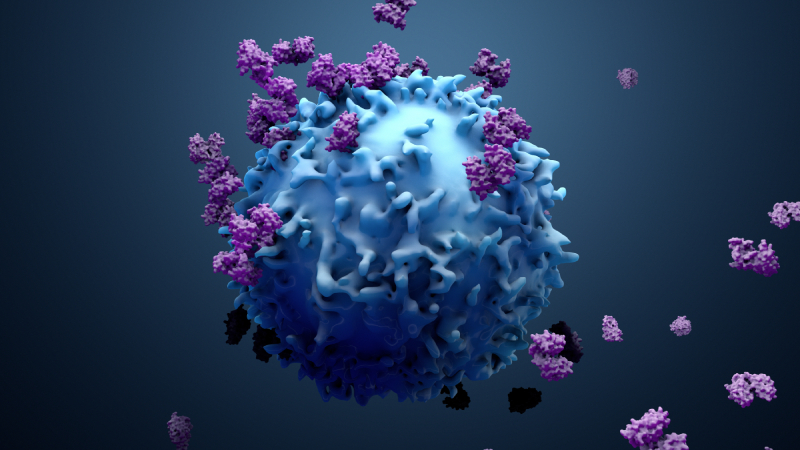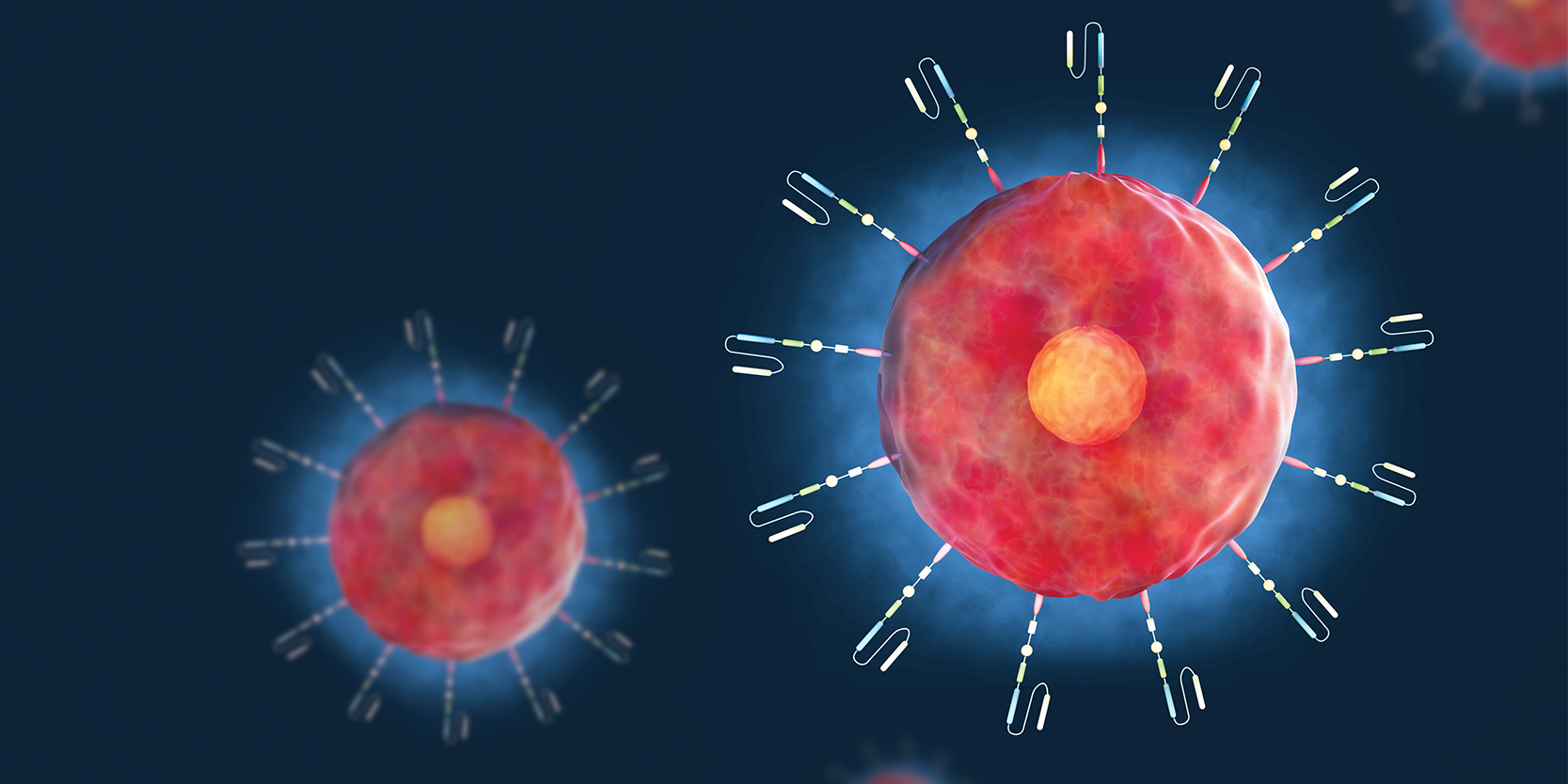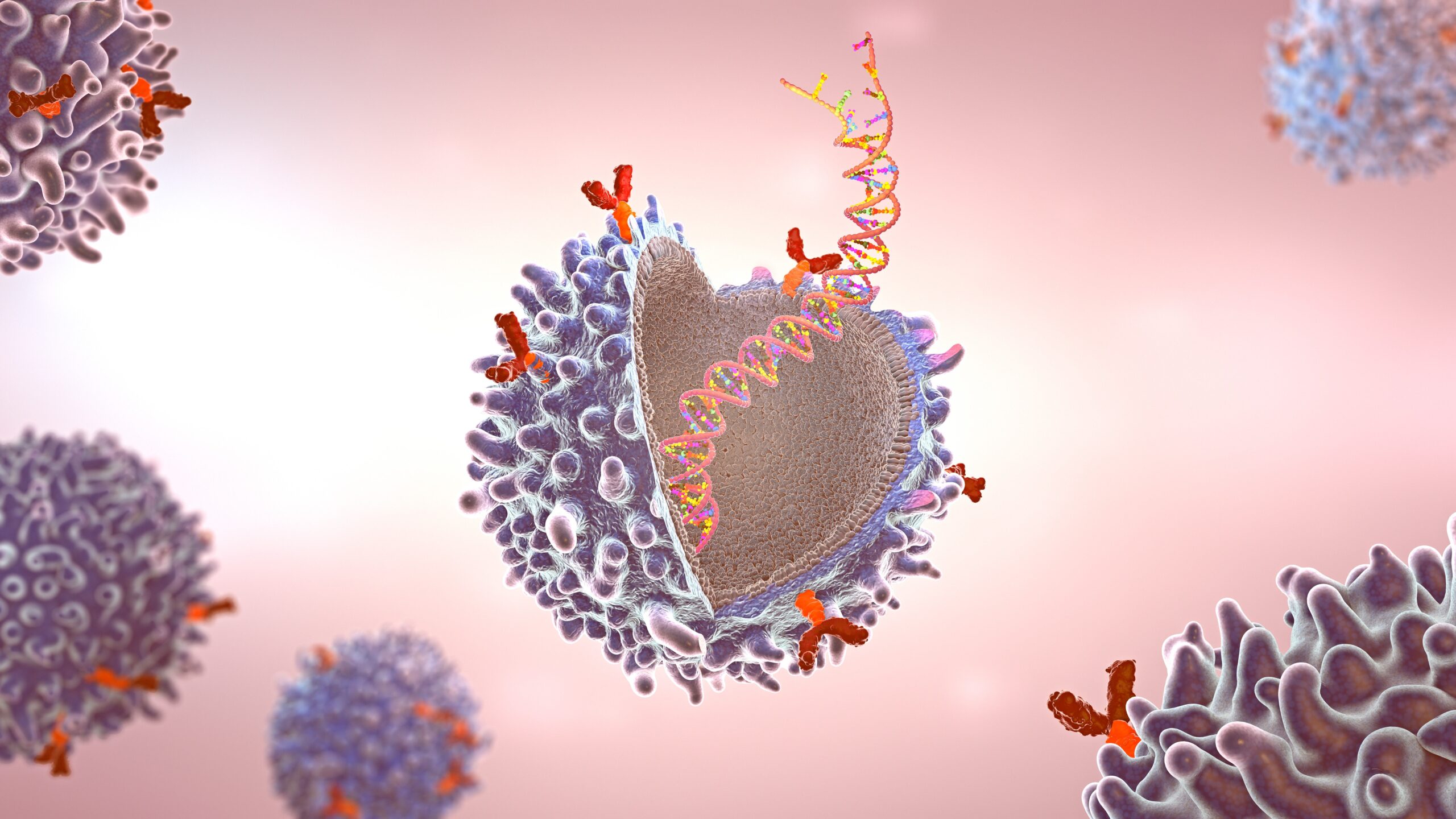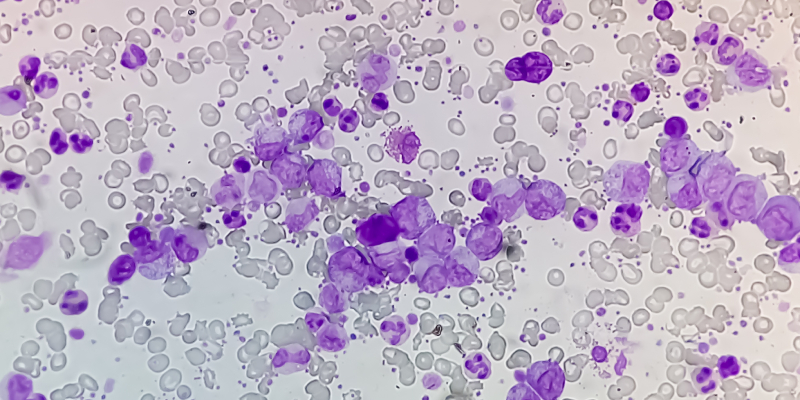Drs. Dahiya, Spiegel Explore Link Between CAR-T, Secondary Malignancies
By Chadi Nabhan, MD, MBA, FACP, Jay Spiegel, MD - Last Updated: January 26, 2024Saurabh Dahiya, MD, FACP, of Stanford Medicine, and Jay Spiegel, MD, of the University of Miami, join “The HemOnc Pulse” host, Chadi Nabhan, MD, MBA, FACP, to look at the science behind the statement from the US Food and Drug Administration (FDA) on the risk of chimeric antigen receptor (CAR) T-cell therapies causing secondary T-cell malignancies.
Drs. Dahiya and Spiegel were both part of the US Lymphoma CAR-T Consortium, which looked at the outcomes of patients with lymphoma after being treated with CAR-T therapy. The results were reported at the 65th American Society of Hematology (ASH) Annual Meeting & Exposition. They explained that right before ASH 2023, an FDA report was released.
At the time of this recording, the FDA reported 19 cases, with 12 associated with a variety of the commercially approved CAR-T therapies, Dr. Spiegel said.
He explained that their research was focused on a particular CAR-T, axicabtagene ciloleucel (axi-cel). Their study, “Five Year Outcomes of Patients with Large B-Cell Lymphoma Treated with Standard-of-Care Axicabtagene Ciloleucel: Results from the US Lymphoma CAR-T Cell Consortium,” was presented at ASH 2023 in December.
“We were looking at patients treated early with axi-cel, one of the CAR-T products, which is approved for diffuse large B-cell lymphoma, as well as follicular lymphoma,” Dr. Spiegel said. “We were looking at long-term follow-up for those patients, and we looked for secondary malignancies. We reported … that we had 9% of patients who experienced the secondary malignancy, and 5% of those were therapy-related myeloid malignancy.”
Some patients would not be alive without CAR-T, and the recent news has made patients anxious, Dr. Dahiya said.
“I have to conclude that the past two months have been busy, busier than usual, and a lot of it has to do with answering patient questions,” Dr. Dahiya said. “This is really the first negative news in [the] CAR-T field that has come out, and it has really created a lot of anxiety for patients.”






 © 2025 Mashup Media, LLC, a Formedics Property. All Rights Reserved.
© 2025 Mashup Media, LLC, a Formedics Property. All Rights Reserved.